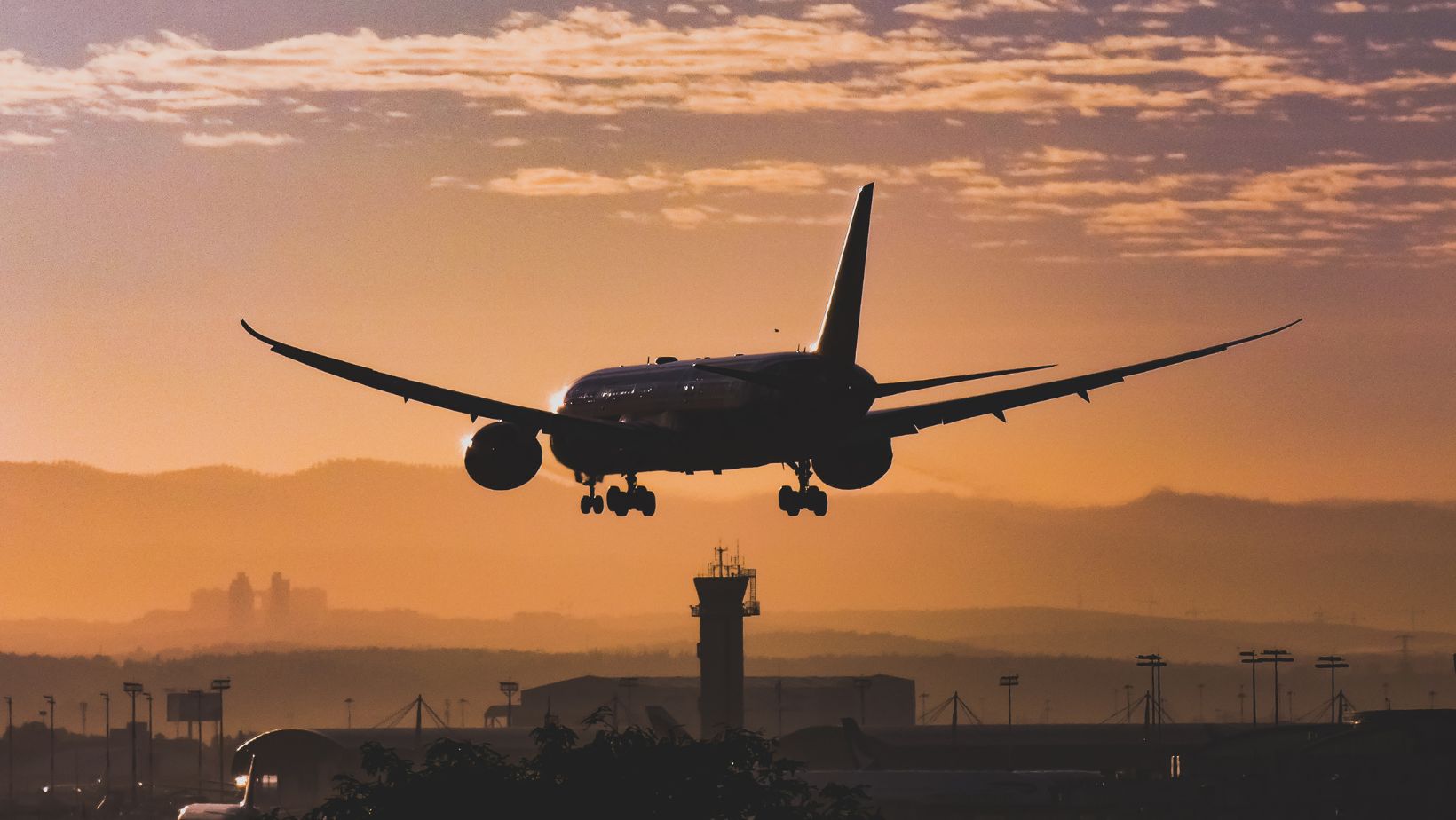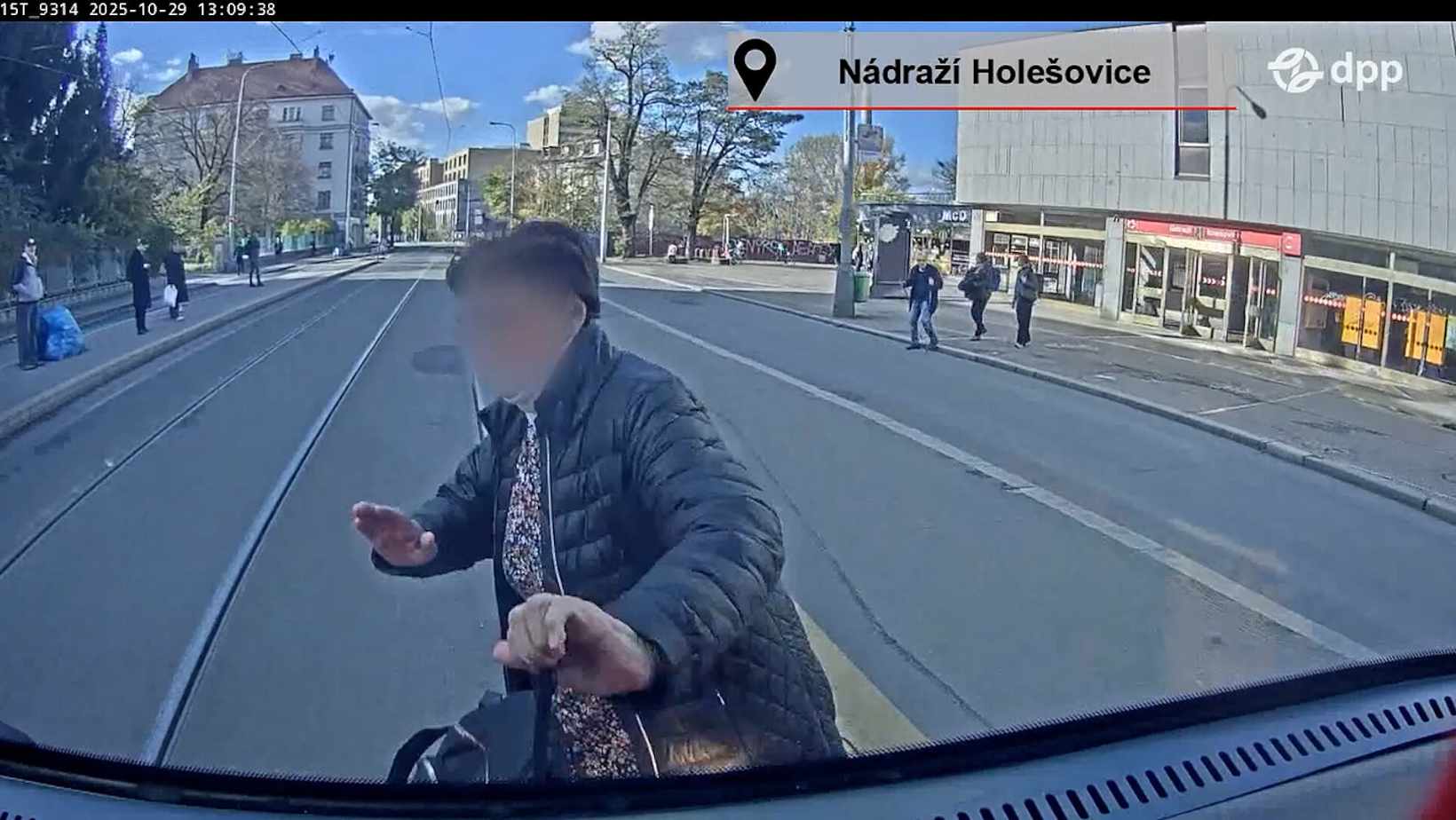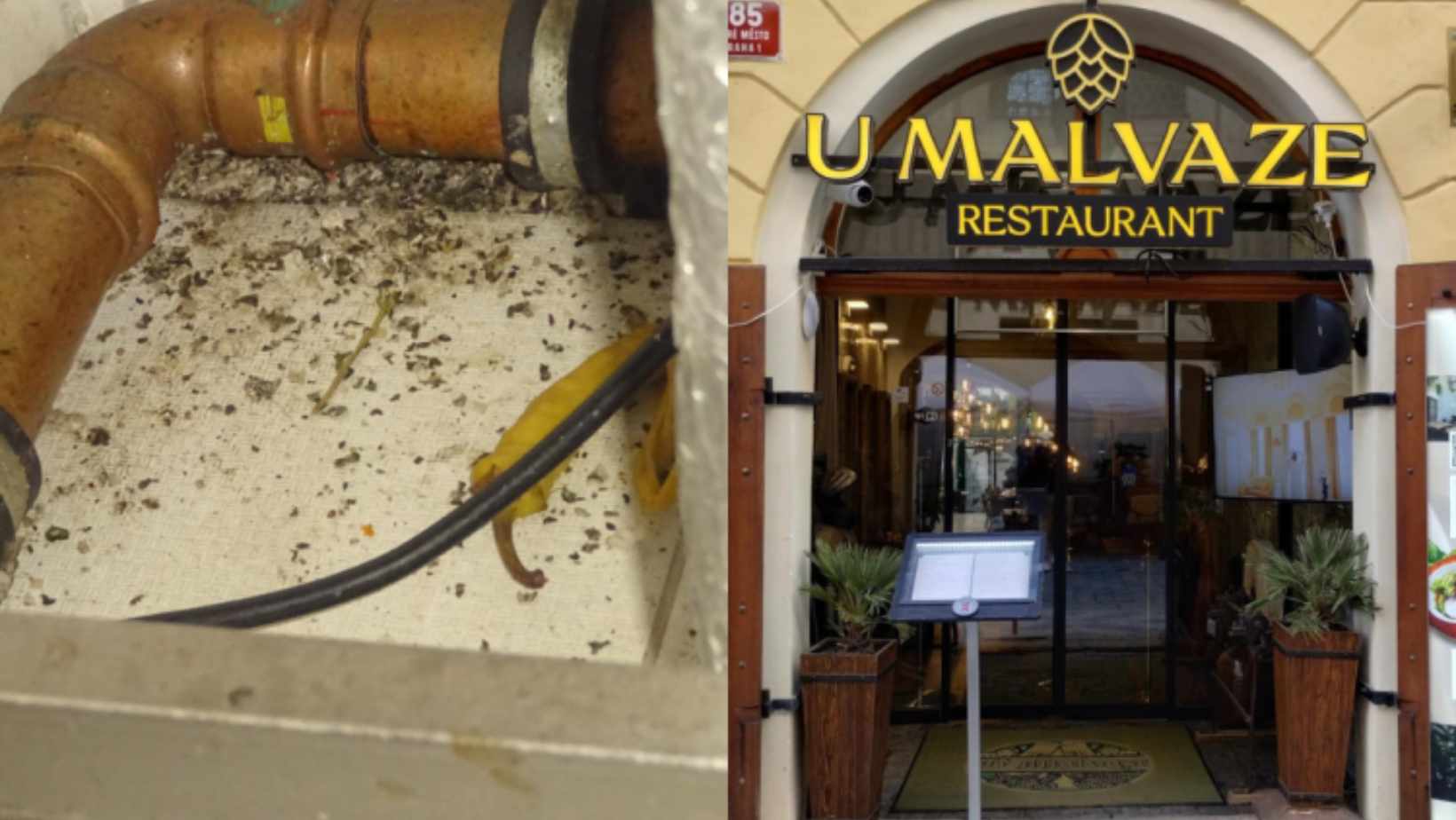Airline Tickets to Increase Under New EU Environmental Rules
Prague Morning

In the coming months, airline ticket prices are set to rise across Europe. Due to new European Union regulations, airlines will soon be required to use more environmentally friendly fuel, a switch that will impact ticket prices and tour packages.
From January 1, 2025, travelers flying out of the European Union, the United Kingdom, Norway, and Switzerland can expect higher ticket prices.
At community level, the European Union has established ambitious goals to reduce greenhouse gas emissions, with the aim of achieving net zero emissions by 2050. An intermediate stage envisages a reduction of 55% by 2030.
To contribute to these objectives, from 2025 all flights departing from EU airports will be obliged to use a minimum quota of sustainable aviation fuel (SAF). This requirement falls within theReFuelEU Aviation initiative, aimed at decarbonising the aviation sector.
The fee, based on flight length and fare class, is expected to range from €3 to €15 per one-way ticket.
Tourism Experts Question New Fuel Mandates
The new regulations have stirred debate among industry professionals. Some argue that airlines should have more autonomy over fuel choices and pricing. “The market should remain open, allowing airlines to decide which fuel they use and how they price it,” said Jan Papež, vice-chairman of the Czech Association of Travel Agencies. Papež also believes the fare increases are unlikely to deter travelers.
However, these fare hikes will also impact travel packages. Jan Bezděk, spokesperson for CK Fischer, noted, “The average price for a week-long tour, typically around 21,000 crowns, will likely increase by approximately 500 crowns per person.”
Looking Ahead: Gradual Increases Expected
Airfare prices are not only set to rise in 2025 but may continue to increase annually. A second price hike is projected for 2027, when emission allowances are expected to extend to households. These changes underscore the EU’s commitment to sustainable fuel adoption.
Under the new mandate, airline fuel suppliers will need to ensure at least a two percent share of sustainable fuel in 2025, gradually rising to 70 percent by 2050. Economist Petr Bartoň clarified that this increase will not apply uniformly across all flights.
“These are averages, so we won’t see a fixed percentage increase on every route,” he explained. “Initially, some fares will rise as airlines adjust, but with technological advancements and potential price drops in sustainable fuel, the overall impact on ticket prices may stabilize.”
Bartoň also mentioned that for less popular flights, where airlines struggle to fill seats, price increases may not be as pronounced. He remains optimistic that market investments in alternative fuels may help bring costs down sooner than anticipated, potentially achieving the 70 percent goal ahead of 2050.
Would you like us to write about your business? Find out more
-
NEWSLETTER
Subscribe for our daily news










